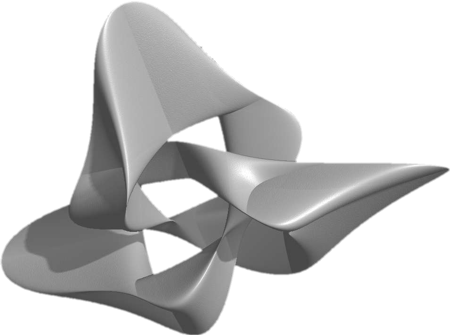The Dark Night of the Soul
The Dark Night of the Soul by St. John of the Cross is a profound spiritual treatise that explores the soul’s journey toward divine union. Written in the 16th century by the Spanish mystic and Carmelite friar, this work has become one of the most influential texts in Christian mysticism. It describes the trials and purgation the soul undergoes as it detaches from worldly affections and moves toward spiritual enlightenment. The “dark night” is not merely a period of suffering but a necessary transition that refines and transforms the soul.
Beyond Christianity, the concept of a “dark night” has been interpreted in psychological and philosophical contexts, describing periods of existential crisis and personal transformation. The idea that suffering can lead to profound spiritual growth remains relevant, offering solace to those undergoing their own struggles.
One of the most notable figures influenced by The Dark Night of the Soul was the Swiss psychologist Carl Jung. Jung incorporated the concept of the dark night into his understanding of individuation—the process of integrating the conscious and unconscious aspects of the self. He saw the dark night as a psychological ordeal where individuals confront their deepest fears, illusions, and repressed aspects of the psyche. This struggle, much like St. John’s spiritual purification, leads to a transformation of self and a deeper understanding of one’s true nature. Jung’s theories on shadow work and personal growth parallel St. John’s insights, showing how the dark night is not only a spiritual trial but also a profound psychological experience that can lead to self-actualization.
The Concept of the Dark Night
St. John of the Cross presents the “dark night” as a metaphorical passage where the soul experiences profound desolation and detachment from God. This period is not a punishment but a divine process of purification. The dark night is divided into two stages: the “night of the senses” and the “night of the spirit.”
The night of the senses involves the withdrawal of worldly pleasures and comforts, causing the soul to feel abandoned and deprived of its former spiritual consolations. This stage is crucial as it helps detach the individual from external distractions and develop a deeper reliance on faith rather than sensory gratification. The second phase, the night of the spirit, is a more intense purification that affects the core of one’s being. Here, the soul feels entirely forsaken and struggles with spiritual dryness, despair, and self-doubt. However, this stage is essential for the soul to shed its imperfections and draw closer to God.
Purpose and Meaning
The purpose of the dark night is to strip the soul of its ego, pride, and attachments, preparing it for a deeper union with God. St. John emphasizes that this purification is necessary to enter into true divine intimacy. He illustrates that the darkness is not permanent but a passage leading to the light of God’s presence. The suffering endured during this time is transformative, reshaping the individual into a vessel of pure love and devotion.
Influence and Legacy
The Dark Night of the Soul has had a lasting impact on Christian mysticism and spirituality. Its themes of suffering, detachment, and ultimate union with God resonate with believers across various religious traditions. Many spiritual seekers, saints, and theologians have drawn inspiration from St. John’s insights, applying his teachings to their own experiences of spiritual trials.
Conclusion
St. John of the Cross’s The Dark Night of the Soul provides a timeless exploration of spiritual purification and transformation. It teaches that suffering is not meaningless but a path to divine union and enlightenment. By embracing the trials of the dark night, the soul is refined, strengthened, and ultimately brought into closer communion with God. This work continues to guide and inspire those who seek a deeper understanding of faith, perseverance, and the journey toward spiritual fulfillment.
